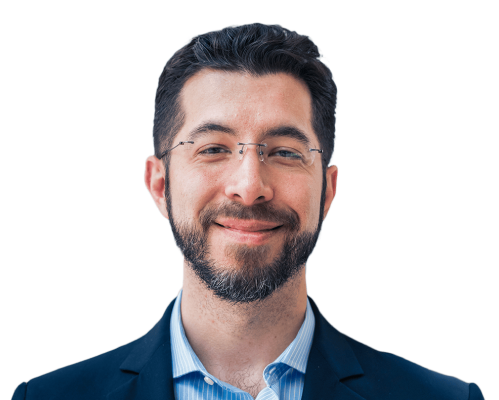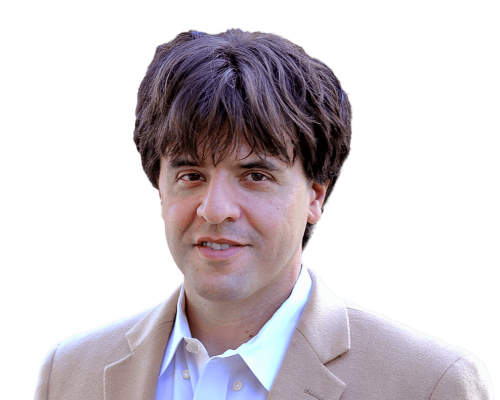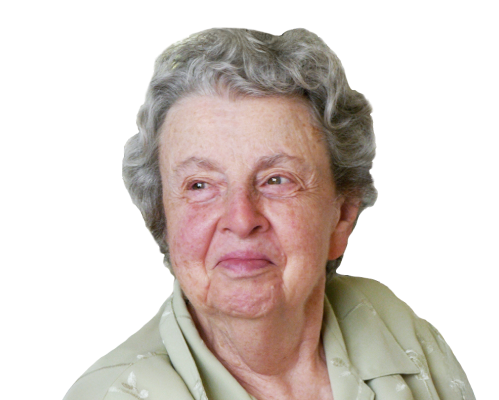Optogenetics: Illuminating the Path toward Causal Neuroscience
2019 Warren Alpert Foundation Prize Symposium
In honor of Edward Boyden, Karl Deisseroth, Peter Hegemann, Gero Miesenböck for the development of optogenetics as a way to control the activity of specific circuits in the nervous system, to determine their function and ultimately to control them to treat neurological and psychiatric disorders.


Edward Boyden


Karl Deisseroth


Peter Hegemann


Gero Miesenböck
Symposium Program
Each year the recipient(s) of the Warren Alpert Foundation Prize are recognized at a scientific symposium hosted by Harvard Medical School.
Featured Speakers include:
Edward Boyden, PhD
Y. Eva Tan Professor in Neurotechnology MIT Media Lab and McGovern Institute Investigator, Howard Hughes Medical Institute
Karl Deisseroth, MD, PhD
D.H. Chen Professor of Bioengineering and Psychiatry Stanford University Investigator, Howard Hughes Medical Institute
Peter Hegemann, PhD
Hertie Professor for Neuroscience and Head of Experimental Biophysics Humboldt-Universität zu Berlin
Gero Miesenböck, FRS
Waynflete Professor of Physiology and Founding Director of the Centre for Neural Circuits and Behaviour University of Oxford
Invited Speakers Include:
Charlotte Arlt, PhD
Postdoctoral Research Fellow, Department of Neurobiology Harvard Medical School
Kimberly Reinhold, PhD
Postdoctoral Research Fellow, Department of Neurobiology Harvard Medical School

Sign up to receive updates

For questions about the prize, please contact us.

